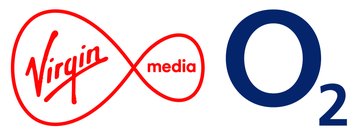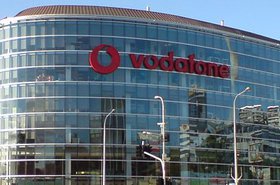The UK Competition and Markets Authority has provisionally cleared the proposed merger of telecoms giants Virgin Media and O2 UK.
The CMA primarily investigated whether the £31bn ($42.7bn) deal would lead to higher prices and lower service quality. But its provisional research claims that there is enough competition to reduce this risk.
Because telcos never abuse market dominance
Telcos like Vodafone and Three lease lines from Virgin Media to run their mobile networks on top of. O2, meanwhile, shares its network with resellers like Sky, Tesco Mobile, and Giffgaff that use it to run their mobile services.
With O2 and Virgin merging, the fear was that the combined company could charge more to its competitors, leading to them raising consumer prices, or lowering their service needs.
However, the CMA believes that competition from rivals like BT and Openreach means that the company could not drastically change prices.
“Given the impact this deal could have in the UK, we needed to scrutinize this merger closely,” said Martin Coleman, the chair of the CMA’s merger inquiry panel.
“A thorough analysis of the evidence gathered during our phase 2 investigation has shown that the deal is unlikely to lead to higher prices or a reduced quality of mobile services – meaning customers should continue to benefit from strong competition.”
Competitors and concerned businesses now have a month to raise issues with the CMA before it releases its final decision.
The merger was first announced in May 2020, with Virgin owner Liberty Global and O2 owner Telefónica set to control the businesses in a 50-50 joint venture.
Should it be approved, it will have 46 million customers and £11bn ($15.2bn) in revenue. The potential company has promised to invest £10bn ($13.8bn) into network expansion, including gigabit-speed broadband and 5G networks.
Virgin Media's CEO Lutz Schüler is to run the new business, which is expected to launch by the middle of the year.




